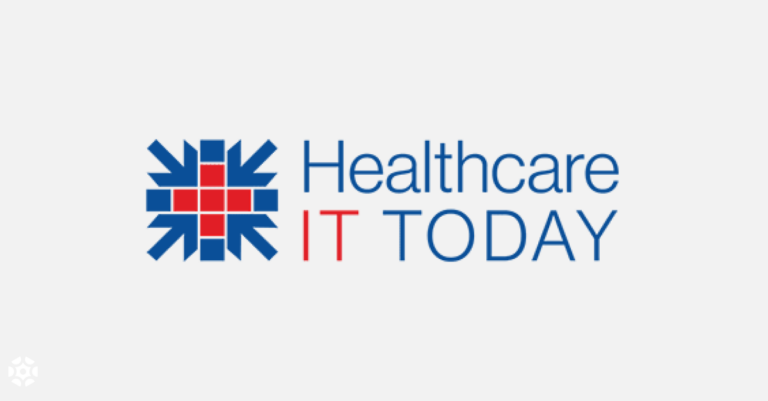In healthcare, every second counts, especially during pivotal moments in an individual’s care journey. At the pharmacy, hospital or crisis center, individuals count on providers to deliver life-saving care when it’s needed most. Yet outdated processes and manual systems can often hinder this process. Providers need more timely and accurate information to deliver on their most profound promise to individuals in their care.
To do so, Real-Time Care Intelligence™ empowers healthcare professionals with the information they need when they need them most, delivered seamlessly at the point of care. These actionable insights are accessible directly in daily workflows and illuminate an individual’s physical and behavioral health context, improving whole-person care outcomes.
The Core Components of Real-Time Care Intelligence
- Actionable Insights That Go Beyond Raw Data: Real-Time Care Intelligence leverages Knowledge for Good® to provide healthcare providers with distilled, holistic information directly relevant to clinical decision-making. This includes actionable insight on an individual’s medical history, current conditions, medication usage and social determinants of health.
- Real-Time Data Sharing: A critical aspect of Real-Time Care Intelligence is the ability to share and access actionable data across various healthcare settings instantaneously. This ensures that all care team members have the most up-to-date information, facilitating seamless transitions and coordinated care efforts.
- Engaged Care Collaboration Network: Real-Time Care Intelligence is bolstered by Bamboo Health’s extensive network of 52 states and territories, 100% of the top 10 best hospitals and more than half of the country’s largest health plans to improve more than 1 billion patient encounters annually. This network connects stakeholders across the healthcare continuum to facilitate sharing critical context on an individual’s care needs across hospitals, primary care providers, specialists, behavioral health professionals, social services and more. This interconnectedness allows for a more holistic approach to care.
The Benefits of Implementing Real-Time Care Intelligence
- Enhanced Care Coordination: By providing real-time alerts and updates, Real-Time Care Intelligence ensures that all healthcare providers involved in an individual’s care are informed of significant events, such as hospital admissions or discharges. This promotes timely follow-ups and reduces the likelihood of redundant tests or procedures.
- Improved Patient Outcomes: Access to comprehensive and timely patient data enables providers to make informed decisions, leading to better management of chronic conditions, reduced hospital readmissions and improved health outcomes.
- Cost Reduction: Efficient care coordination and the prevention of unnecessary procedures contribute to a reduction in healthcare costs. For instance, organizations utilizing Real-Time Care Intelligence have reported significant savings through decreased readmission rates and optimized care transitions.
Real-Time Care Intelligence in Action
Consider a scenario where an individual with multiple chronic conditions visits the emergency department (ED). With Real-Time Care Intelligence, the individual’s primary care physician (PCP) receives an immediate notification that their patient is in the ED. Upon discharge, the PCP is alerted with a summary of the visit, enabling them to promptly schedule a follow-up appointment and adjust the patient’s care plan as necessary. This real-time communication ensures continuity of care and reduces the risk of complications.
Real-Time Care Intelligence represents a transformative approach in healthcare, emphasizing the importance of timely, actionable insights and comprehensive data sharing. Healthcare organizations can enhance care coordination, improve outcomes and achieve greater efficiency in service delivery. As the healthcare landscape evolves, embracing Real-Time Care Intelligence can be a crucial avenue for providers aiming to deliver high-quality, whole-person care.
Learn more about specific use cases for leveraging the power of real-time care intelligence on our case studies page.



